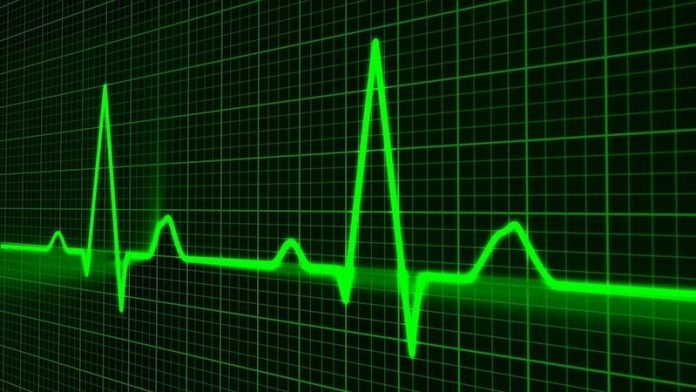
An arrhythmia, or irregular heartbeat, is a problem with the rate or rhythm of your heartbeat. Your heart may beat too quickly, too slowly, or with an irregular rhythm.
It is normal for your heart rate to speed up during physical activity and to slow down while resting or sleeping. It is also normal to feel as if your heart skips a beat occasionally.
But a frequent irregular rhythm may mean that your heart is not pumping enough blood to your body. You may feel dizzy, faint, or have other symptoms.
Arrhythmias are treatable with medicine or procedures to control the irregular rhythms. If not treated, arrhythmias can damage the heart, brain, or other organs.
This can lead to life-threatening stroke, heart failure, or cardiac arrest. During cardiac arrest, the heart suddenly and unexpectedly stops beating, causing death if it is not treated within minutes.
If you have been diagnosed with an arrhythmia, your doctor may talk to you about healthy lifestyle changes you can make.
You may need to avoid activities that may trigger your arrhythmia. These steps may help prevent your arrhythmia from getting worse.
An arrhythmia may not cause any obvious symptoms. You may notice symptoms such as a slow or irregular heartbeat or notice pauses between heartbeats. You may also feel like your heart is skipping a beat, fluttering, pounding, or beating too hard or too fast. These are called heart palpitations.
Other symptoms of arrhythmias include:
Anxiety
Chest pain or discomfort
Confusion
Difficulty breathing, or gasping during sleep
Dizziness and fainting
Tiredness or weakness
Keep track of when and how often you have symptoms, what you feel, what you were doing, and whether these things change over time.
If your symptoms are very serious, such as difficulty breathing or chest pain, seek emergency medical care.
Sign up for our newsletter for more information about this topic.
If you care about heart health, please read studies about drug that could help lower obesity, fatty liver risk and improve heart health, and what are the best blood sugar levels to prevent strokes, heart attacks.
For more information about heart health, please see recent studies about drug combo that could halve your risk of heart attack, stroke, and results showing that if you have high blood pressure or heart problems, don’t go to these places.



